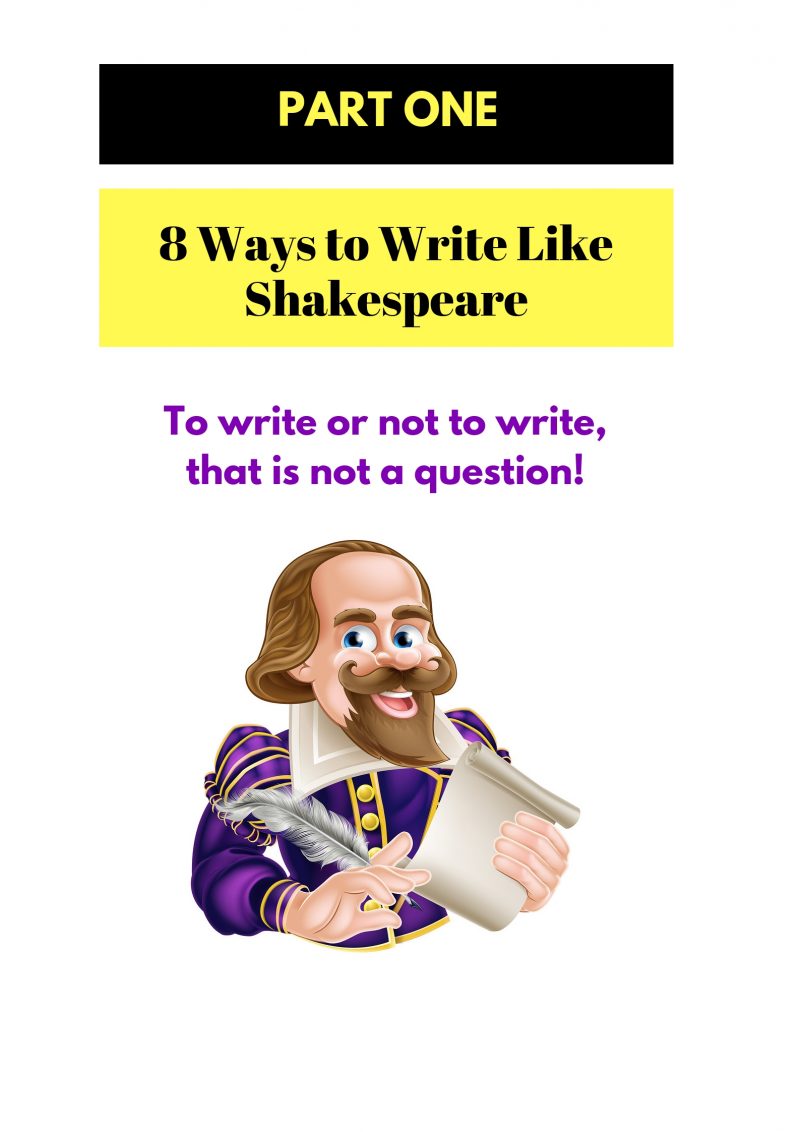These are both amazing and perilous times for writers seeking to publish. Whether you’re pitching an idea to a magazine editor, book editor, or agent, an important part of your job is removing the easy “no.”
That is, some submissions make it easy for an editor or agent to say, “No, thank you.” Thus, it behooves you (I like saying “behooves”; it sounds fancy) to anticipate the “easy ‘no’” and make sure your pitch avoids those triggers. What are they? I’m glad you asked. Here are just a few, off the top of my head:
- The wrong genre
You don’t have to know all the ins and outs of the genre in which you’re writing (and pitching). But you should know whether or not an agent or editor works in that genre. For example, I don’t represent fantasy or sci-fi, yet I regularly get submissions in that genre. Easy no.
- Spelling and grammar errors
Your proposal doesn’t have to be perfect; but if I see an obvious spelling or grammatical error early in your pitch, I assume more will follow. In fact, a recent submission had a typo in the title, a missing word in the first sentence, and a misspelled word on the first page. Easy no.
- A weak hook
I read a proposal’s hook first. (And FYI, “hook” is a versatile term in publishing. It can refer to the uniqueness of a pitch or idea; to the first page/paragraph/line of an article, book, or chapter; and, in a book proposal—as I am using it here—a short punch-in-the-gut “tag line” or a few sentences that make it impossible not to read further, like movie-trailer narration.) When the hook fails to grab me, I will still turn another page or two, but usually easy no.
- Sex, violence, profanity
Like the others in The Steve Laube Agency, I represent works to the Christian market. That means the author must display an awareness of and sensitivity to the expectations of that market—unlike one submission that claimed to be “similar to E. L. James [sic] “Fifty Shades of Grey” [sic],” and another that began, mind you, “The s— in this book is heavy.” Easy no.
- The proposal is pasted into the email message
I get one or more of these a month, in which the entire proposal—in one case, all 10,600 words—is not attached as a Word document or PDF but pasted into the email field. This tells me immediately that the sender hasn’t read or followed the guidelines and hasn’t taken the time to research how the process works. Easy no.
- Ignorance of the need for a platform—of some kind
Sure, brilliant writing sells itself, but that’s a one-in-a-million (or, to be fair, maybe a thousand) instance. But a proposal without a marketing (platform) section is an easy no. A marketing section that tries to impress me with numbers in the hundreds is an easy no. As is an email submission that—in the subject line—says, “Just so you know, I will be deleting all my social media in a few days.” Easy no.
- The wrong mode of address
If you call me “Ben Hostetler” or “Bob Harrison,” as several recent submissions did, I get the sense that you’re not as careful as I want my clients to be. It may not seem fair, but neither is it fair that Ben Hostetler and Bob Harrison apparently get all the credit, while I get bupkus. Easy no.











